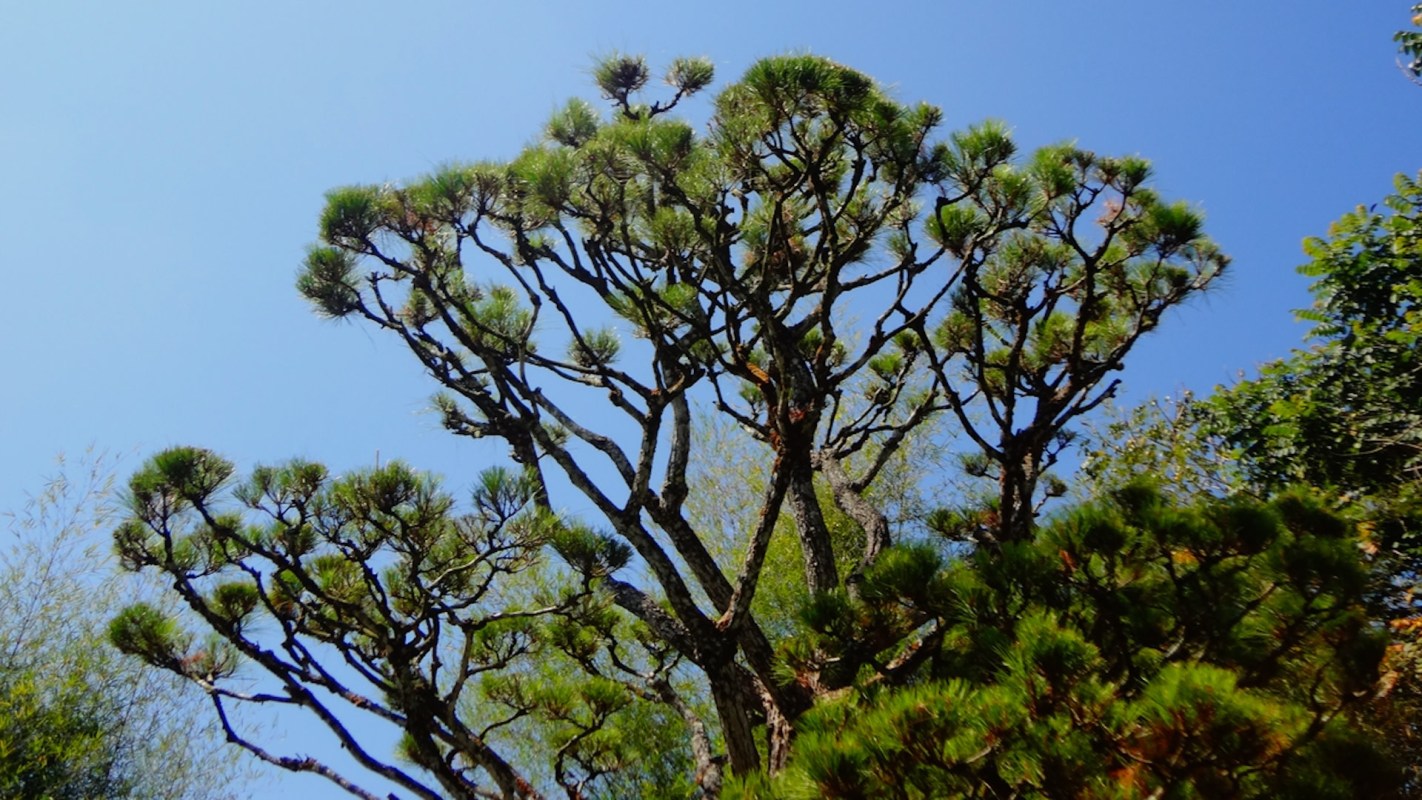The Massachusetts Department of Agricultural Resources is considering adding two plant species to its prohibited plant list, which would make their sale illegal in the state.
The plants in question are the Japanese Black Pine and Callery Pear/Bradford Pear, both popular landscaping plants that are, unfortunately, also invasive species.
The Japanese Black Pine, which is native to northeastern China and the coastal areas of Korea and Japan, was introduced to the United States in 1855.
The Callery Pear is native to eastern Asia and was introduced to the United States in the early 1900s. It grows very quickly and can shade an entire area, preventing other plants from getting sunlight and growing. It has already been prohibited in five other states: Ohio, Pennsylvania, South Carolina, Maine, and Delaware.
"It's just a much better, healthier ecosystem without those Bradford pears in there. Everywhere you've got a Bradford pear, it's like a food desert to a bird," said David Coyle, a professor at Clemson University.
Invasive plant species can wreak havoc on any ecosystem, and a large number of them have been introduced to the United States over the years. Among the most common are bamboo, kudzu, and Shasta daisy.
While these plants fit perfectly into their native ecosystems, when introduced in places where they are not native, they can crowd out native plants and cause all types of disruptions.
Since invasive plant species can be very difficult to eradicate once they have taken root, preventing them from being planted in the first place is a simple way to stop their spread, which is what the Massachusetts ban would attempt to do.
The Massachusetts Department of Agricultural Resources will hold a public meeting soon to consider whether the two species will be formally added to the banned list.
Join our free newsletter for cool news and actionable info that makes it easy to help yourself while helping the planet.









